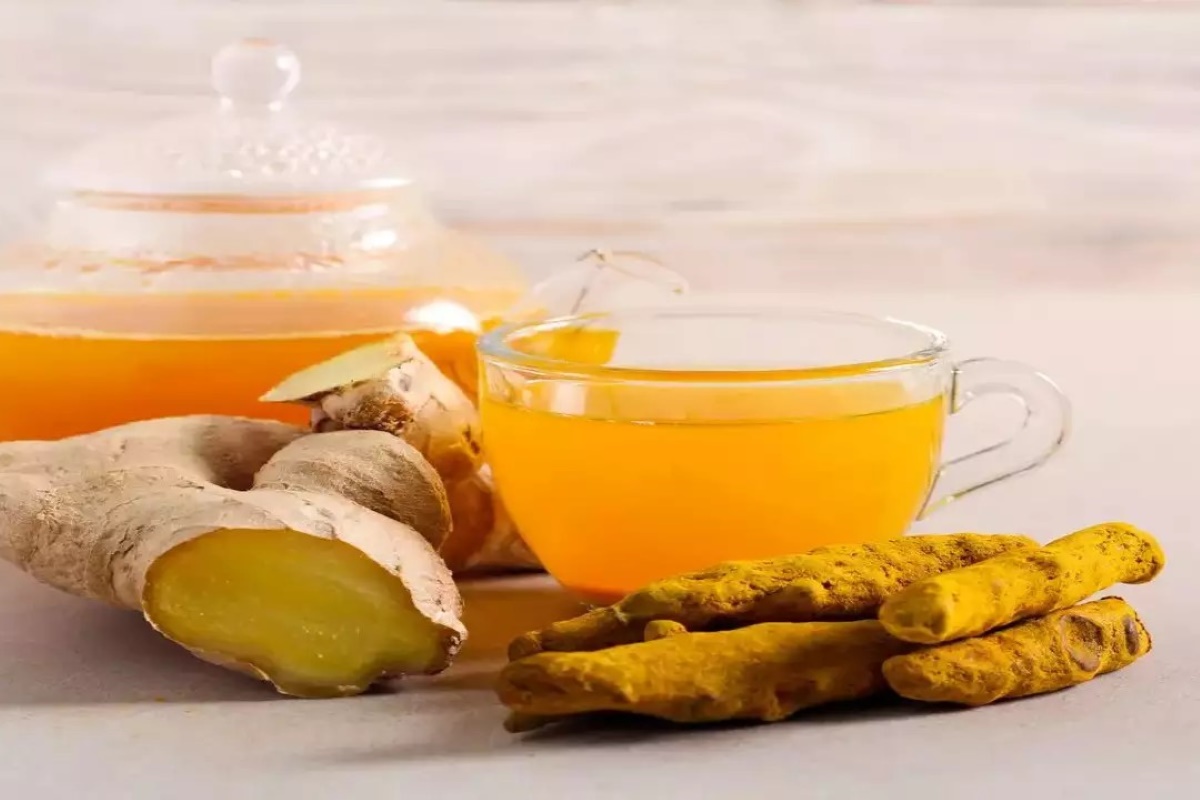

Articles
How To Store Ginger And Turmeric
Modified: August 17, 2024
Learn the proper way to store ginger and turmeric in this comprehensive article. Find out the best methods to maintain their freshness and potency.
(Many of the links in this article redirect to a specific reviewed product. Your purchase of these products through affiliate links helps to generate commission for Storables.com, at no extra cost. Learn more)
Introduction
Ginger and turmeric are two aromatic and flavorful spices that are widely used in various cuisines around the world. Not only do they add a burst of deliciousness to dishes, but they also offer numerous health benefits. Whether you use ginger and turmeric in fresh, paste, dried, or powder form, it’s important to store them properly to maintain their quality and potency.
In this article, we will explore different methods of storing ginger and turmeric, from fresh to dried forms. By following these storage tips, you can ensure that you always have these vibrant spices on hand to enhance your meals and enjoy their health-promoting properties.
Key Takeaways:
- Properly storing ginger and turmeric is crucial for maintaining their freshness and health benefits. From refrigerating fresh roots to using airtight containers for pastes and powders, following storage guidelines ensures vibrant flavors and extended shelf life.
- Whether it’s fresh roots, pastes, or powders, the key to preserving ginger and turmeric lies in proper storage. Refrigeration, airtight containers, and regular checks for freshness are essential for maximizing flavor and health benefits.
Read more: How To Store Turmeric Powder
Storing Fresh Ginger
Fresh ginger root is known for its pungent aroma and spicy flavor, making it a popular ingredient in both savory and sweet dishes. To store fresh ginger and preserve its freshness, follow these simple steps:
- Choose the right ginger: When purchasing fresh ginger, look for roots that are firm, smooth, and free of mold or blemishes. Ginger with a thin skin is preferable as it is easier to peel.
- Keep it unwashed: Avoid washing ginger before storing, as moisture can cause it to spoil faster. Instead, store it as is.
- Store in the refrigerator: The best way to store fresh ginger is in the refrigerator. You can place the ginger root in a paper bag or wrap it in a paper towel to absorb excess moisture.
- Ensure proper ventilation: Ginger needs air circulation to stay fresh. Avoid sealing it in an airtight container or plastic bag, as this can trap moisture and encourage the growth of mold.
- Check for freshness: Periodically check your ginger for any signs of spoilage. If you notice any soft spots, mold, or an unpleasant odor, it’s best to discard the affected portion or the entire root.
By following these guidelines, you can keep your fresh ginger in good condition for up to three weeks. Remember to plan your meals accordingly and use the ginger before it starts to deteriorate.
Storing Fresh Turmeric
Turmeric is a vibrant spice known for its earthy flavor and vibrant yellow color. It is commonly used in curries, soups, and other dishes, as well as for its potential health benefits. To store fresh turmeric and maintain its freshness, here are some key tips:
- Choose fresh and firm turmeric: When selecting fresh turmeric roots, look for ones that are firm, plump, and free from mold or soft spots. Avoid shriveled or damaged roots.
- Handle with care: Turmeric can stain surfaces and clothing, so handle it with care and avoid contact with porous materials. Consider wearing gloves when handling fresh turmeric to prevent staining your hands.
- Keep it refrigerated: Like ginger, fresh turmeric should be stored in the refrigerator to prolong its shelf life. You can wrap the roots in a paper towel or store them in a breathable container.
- Avoid moisture: Moisture can cause turmeric to spoil quickly, so it’s crucial to keep it dry. Do not wash the root before storing. Instead, only rinse it just before using.
- Regularly check for freshness: As with any fresh produce, it’s essential to inspect your turmeric periodically. Monitor for any signs of spoilage, such as soft spots, mold, or a foul odor. Discard any damaged or expired pieces.
By following these storage guidelines, you can extend the shelf life of fresh turmeric for up to three weeks. It’s important to note that as turmeric ages, it can become more potent in flavor and aroma. Adjust the amount used in recipes accordingly to achieve the desired taste.
Storing Ginger and Turmeric Paste
Ginger and turmeric pastes are convenient options for those who prefer to have these spices readily available for cooking. Whether you buy pre-made paste or make your own at home, here are some tips for storing ginger and turmeric paste:
- Choose an airtight container: Transfer the ginger and turmeric paste to a clean, airtight container. Glass jars or containers with tight-fitting lids work well for storing paste.
- Label the container: Write the date on the container or jar, so you can keep track of the freshness of the paste. Homemade pastes typically last for about one week in the refrigerator.
- Keep refrigerated: Ginger and turmeric pastes should be stored in the refrigerator to keep them fresh. The cool temperature helps to inhibit the growth of bacteria and mold.
- Use a clean spoon: When using the paste, use a dry and clean spoon or utensil to scoop it out. This helps prevent contamination and extends the shelf life of the paste.
When stored properly, ginger and turmeric pastes can last for several weeks. However, it’s important to note that the flavor and aroma may diminish over time. It’s best to use the paste within the recommended time frame to ensure optimal taste and quality.
Store ginger and turmeric in the refrigerator in a resealable plastic bag or airtight container to keep them fresh for up to 3 weeks. You can also freeze them for longer storage.
Storing Dried Ginger and Turmeric
Dried ginger and turmeric are versatile spices that are commonly used in powder form. These spices add depth and warmth to a wide range of dishes. To ensure the longevity and flavor of dried ginger and turmeric, follow these storage guidelines:
- Choose quality spices: Purchase dried ginger and turmeric from reputable sources to ensure the best quality. Look for spices that are vibrant in color and free from moisture or clumps.
- Store in airtight containers: Transfer the dried ginger and turmeric to airtight containers, such as glass jars or tin containers. Make sure the lids fit tightly to prevent moisture and air from entering.
- Label and date the containers: Properly label each container with the spice name and the date of storage. This will help you keep track of the freshness and ensure that you rotate your spices regularly.
- Keep away from light and heat: Store the containers of dried ginger and turmeric in a cool, dark place, away from direct sunlight and heat sources. Exposure to light and heat can cause the spices to lose their flavor and aroma.
- Avoid grinding in bulk: It’s best to grind dried ginger and turmeric as needed to maintain their potency. Whole spices tend to have a longer shelf life compared to ground spices.
- Regularly check for quality: Periodically inspect your dried ginger and turmeric for any signs of spoilage, such as a rancid smell or the presence of mold. Discard any spices that have gone bad.
Following these storage tips will help keep your dried ginger and turmeric fresh for up to 6 months. However, for the best flavor and aroma, it’s recommended to use them within 3-4 months.
Read more: How To Store Turmeric Root
Storing Ginger and Turmeric Powder
Ginger and turmeric powders are convenient options for adding the distinct flavors of these spices to your recipes. To ensure the longevity and freshness of ginger and turmeric powder, here are some storage tips:
- Choose quality powders: Purchase ginger and turmeric powders from trusted brands or reputable sources. Look for powders that are vibrant in color and free from moisture or clumps.
- Transfer to airtight containers: Transfer the powders to clean, airtight containers, such as glass jars or tin containers with tight-fitting lids. This helps to protect the powders from moisture, light, and air.
- Label and date the containers: Clearly label each container with the spice name and the date of storage. This way, you can easily identify the contents and keep track of their freshness.
- Store in a cool, dry place: Ginger and turmeric powders should be stored in a cool, dry place away from direct sunlight, heat, and humidity. These factors can accelerate the loss of flavor and aroma.
- Avoid clumping: To prevent the powder from clumping, consider adding a small food-grade desiccant packet or placing a piece of dried orange peel in the container. These can help absorb any excess moisture.
- Avoid moisture and contamination: Be sure to use a clean and dry spoon each time you scoop out the powder. This prevents moisture and contaminants from entering the container.
- Regularly check for quality: Periodically inspect your ginger and turmeric powder for any signs of spoilage, such as a stale smell, clumping, or discoloration. If the powder has gone bad, discard it.
When stored properly, ginger and turmeric powders can stay flavorful for up to 1-2 years. However, for the best taste and quality, it’s recommended to use them within 6-12 months.
Conclusion
Properly storing ginger and turmeric is essential to maintain their freshness, flavor, and health benefits. Whether you have fresh roots, pastes, or powdered forms, following the right storage techniques will help prolong their shelf life and ensure that you can enjoy their vibrant qualities for longer periods of time.
For fresh ginger and turmeric, refrigeration is the key. Keep them dry and well-ventilated to prevent moisture buildup and spoilage. It’s important to check for any signs of deterioration and use them before they go bad.
When it comes to pastes, transfer them to airtight containers, refrigerate, and exercise good hygiene practices to prevent contamination. Homemade or store-bought, these pastes can last for a week or more when stored properly.
Dried ginger and turmeric should be stored in airtight containers in a cool, dark place. Regularly check for freshness and discard any spices that have lost their potency or developed mold.
Ginger and turmeric powders also require airtight containers and should be stored in a cool, dry place. Be diligent in preventing moisture and clumping, and always use clean utensils to scoop out the powder.
By following these storage guidelines, you can ensure that your ginger and turmeric remain in optimum condition, ready to add a burst of flavor and health benefits to your culinary creations. Whether you’re preparing a savory curry, a refreshing beverage, or a soothing tea, having well-preserved ginger and turmeric makes all the difference in achieving the desired taste and maximizing their beneficial properties.
So, stock up on these versatile spices, store them properly, and enjoy the rich flavors and health benefits they bring to your kitchen!
Frequently Asked Questions about How To Store Ginger And Turmeric
Was this page helpful?
At Storables.com, we guarantee accurate and reliable information. Our content, validated by Expert Board Contributors, is crafted following stringent Editorial Policies. We're committed to providing you with well-researched, expert-backed insights for all your informational needs.
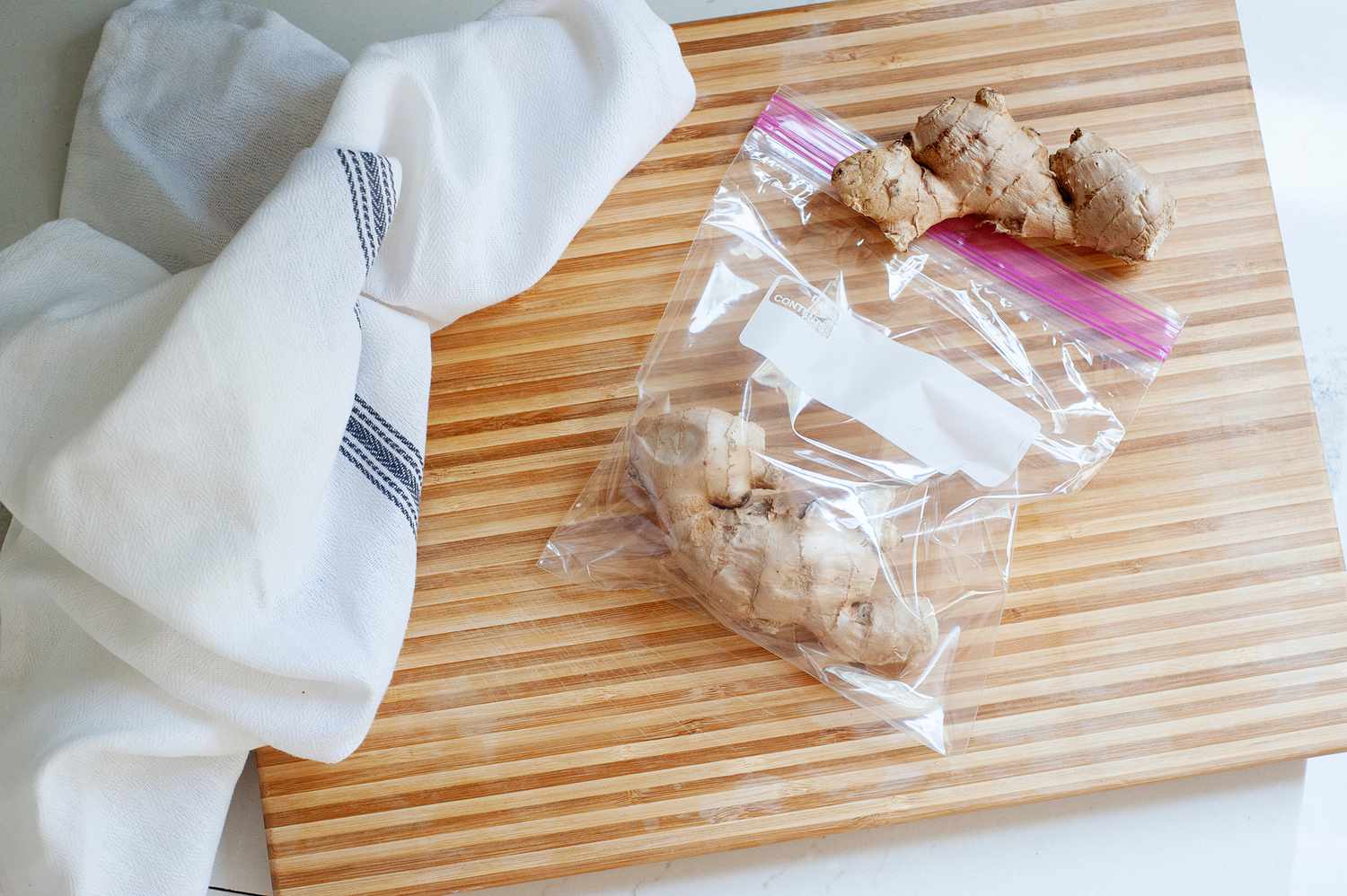
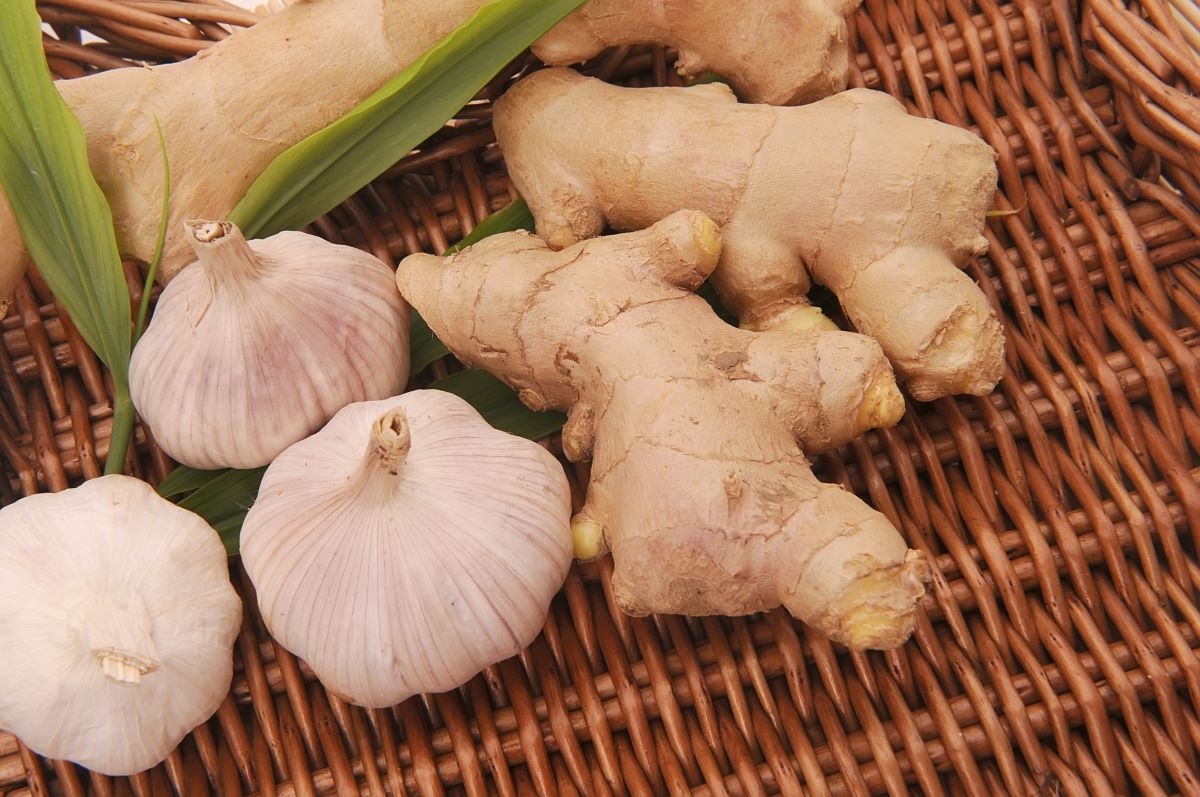

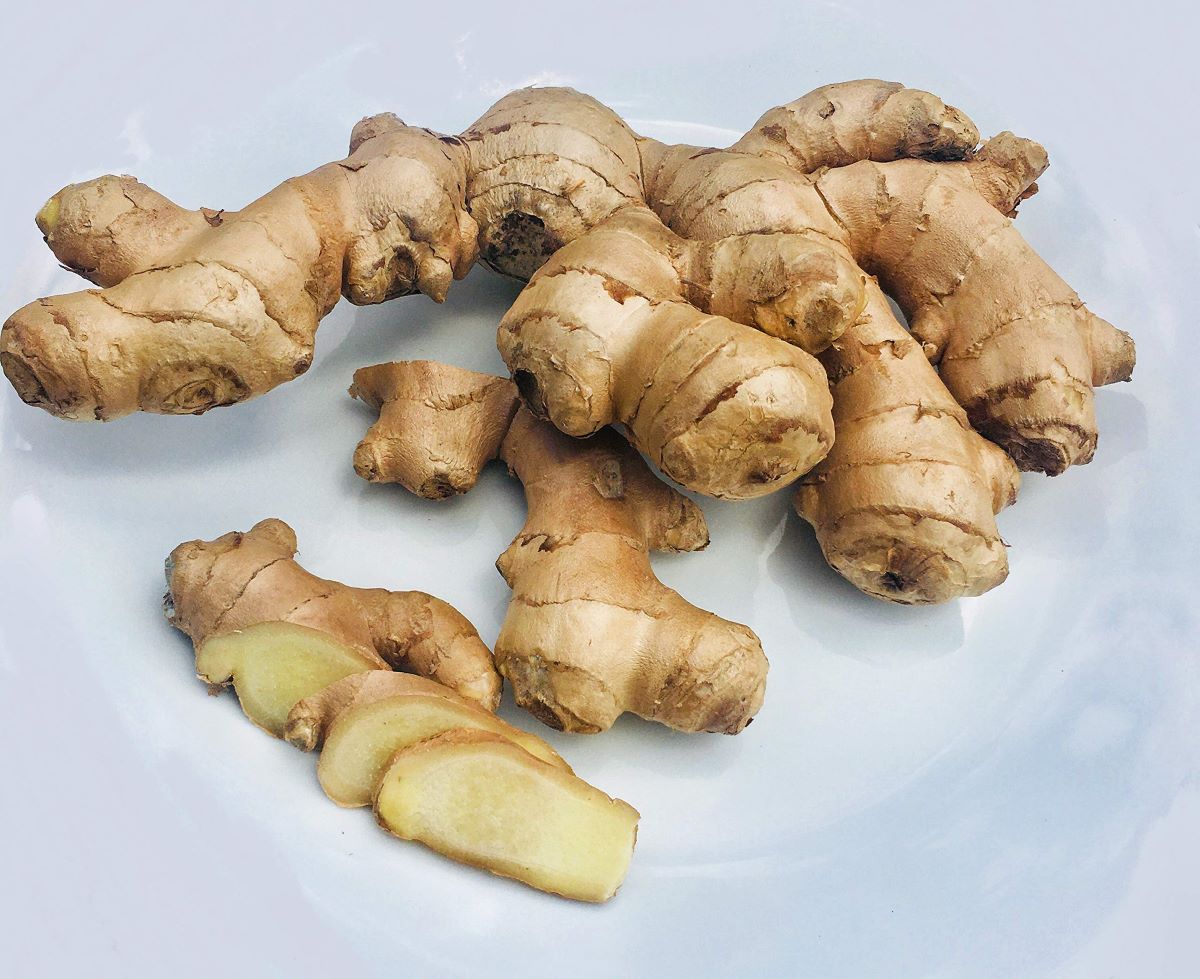

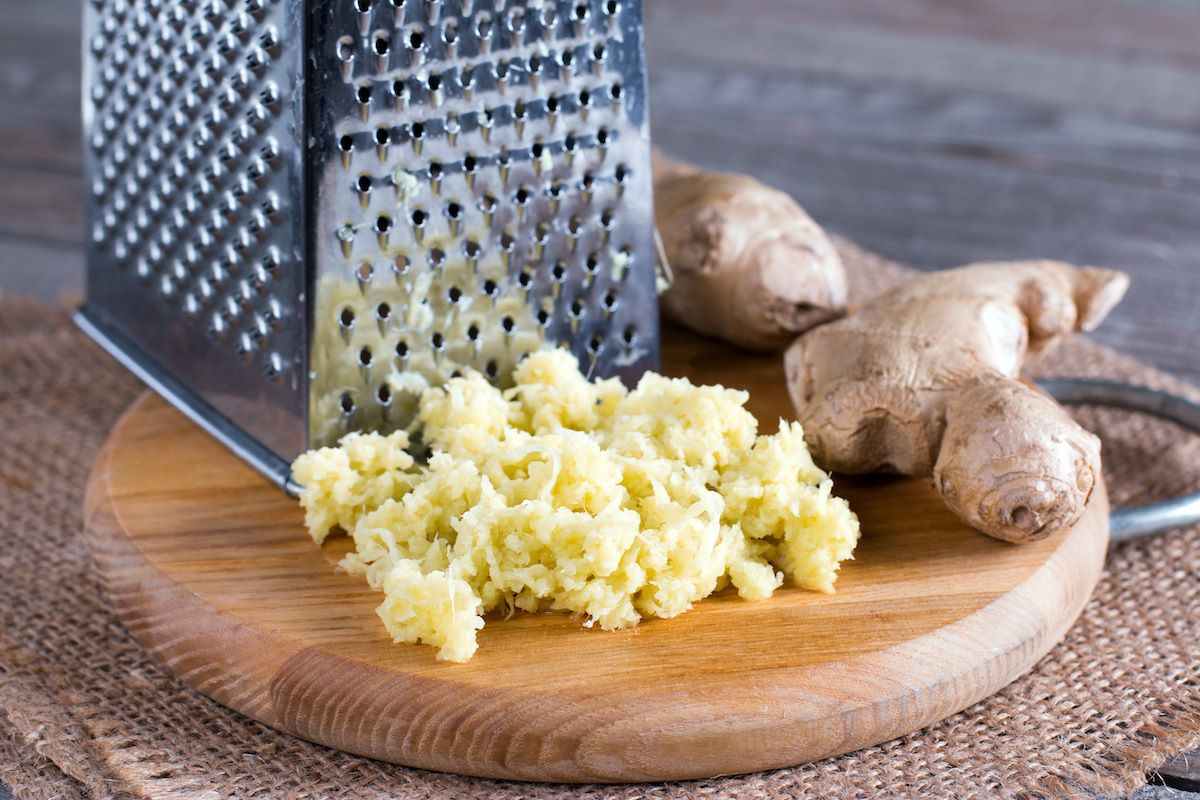

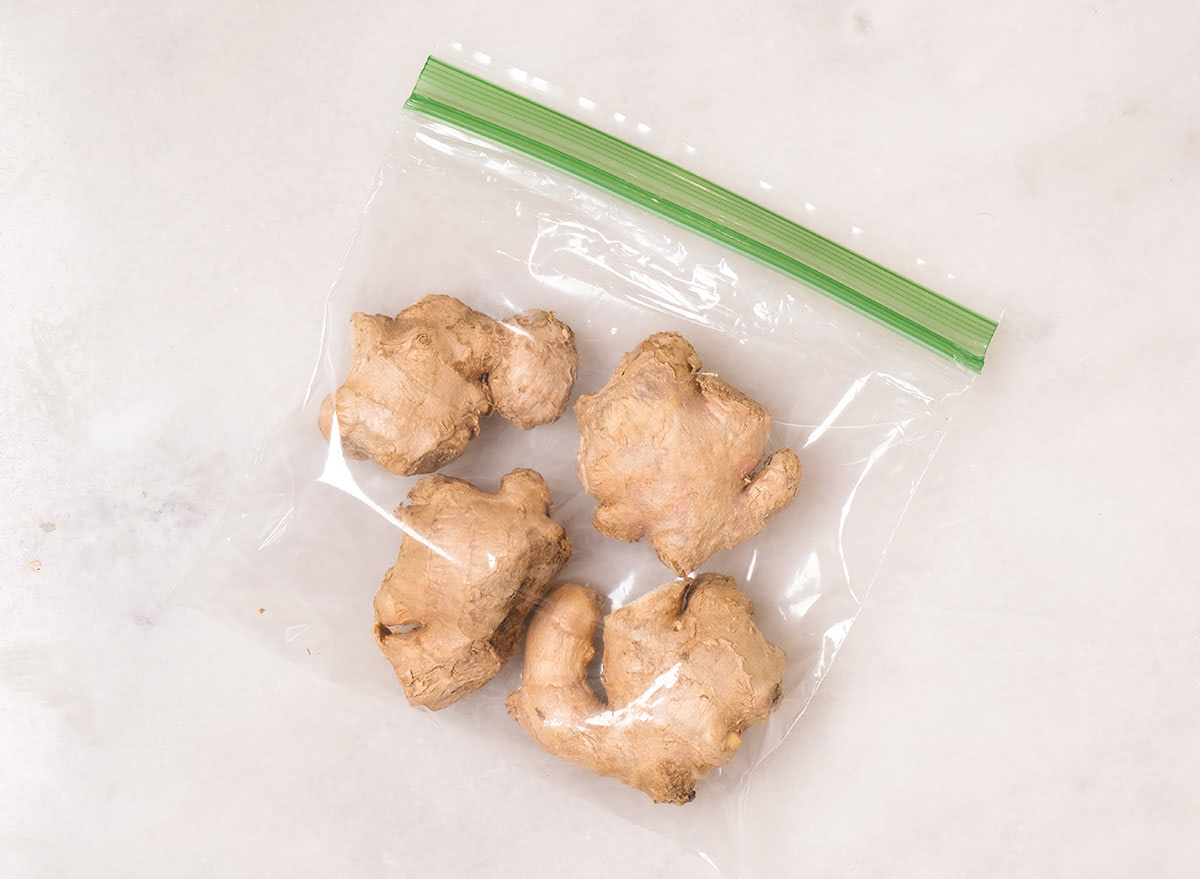

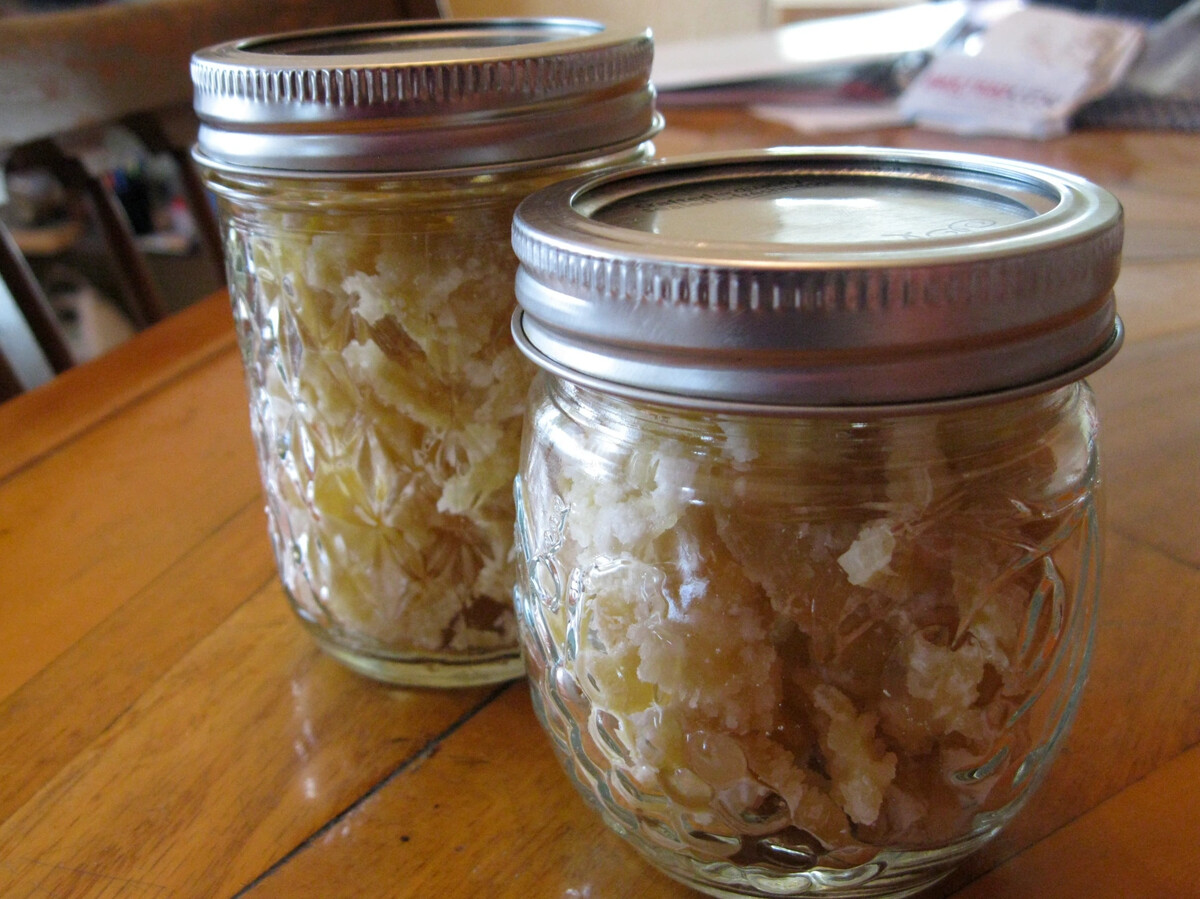
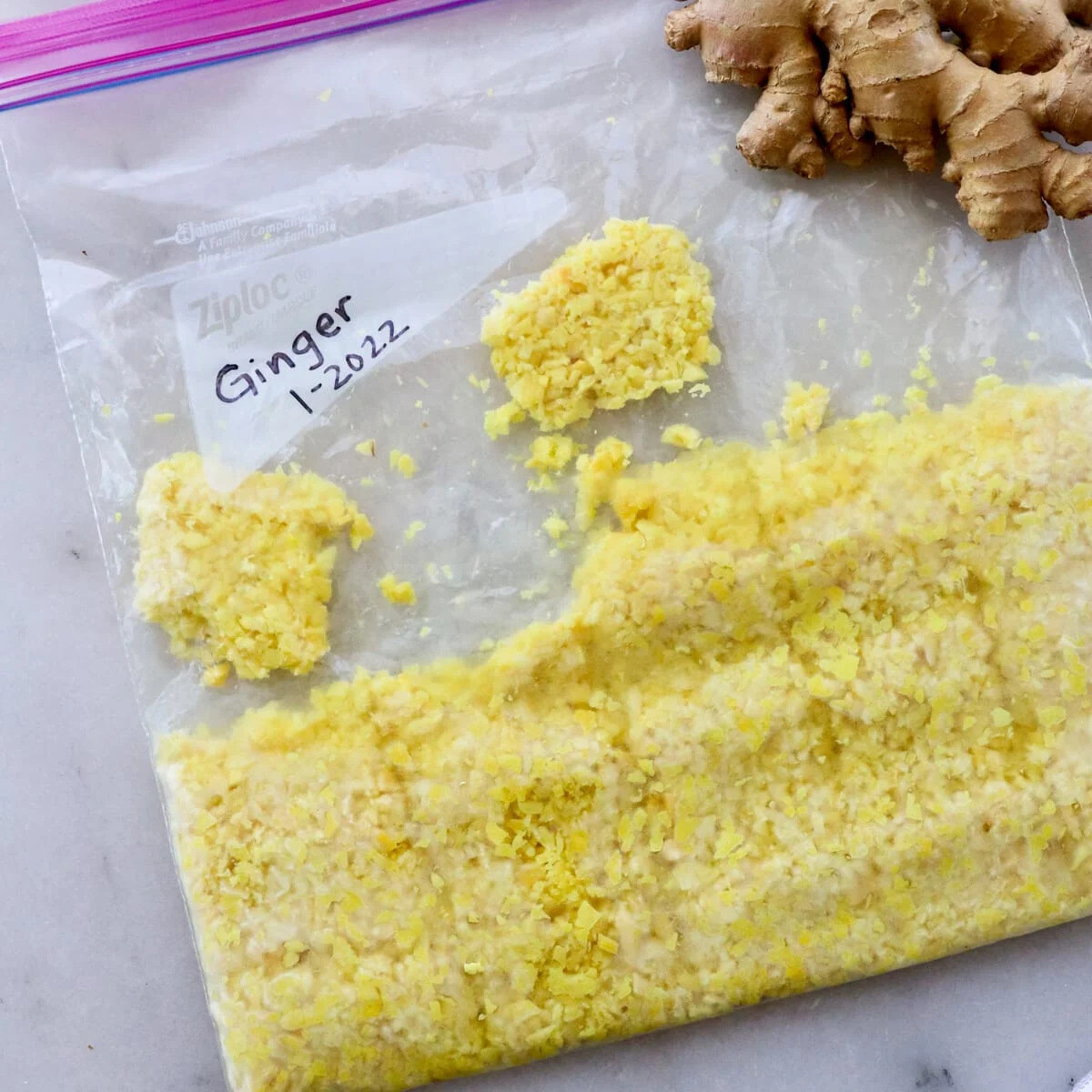
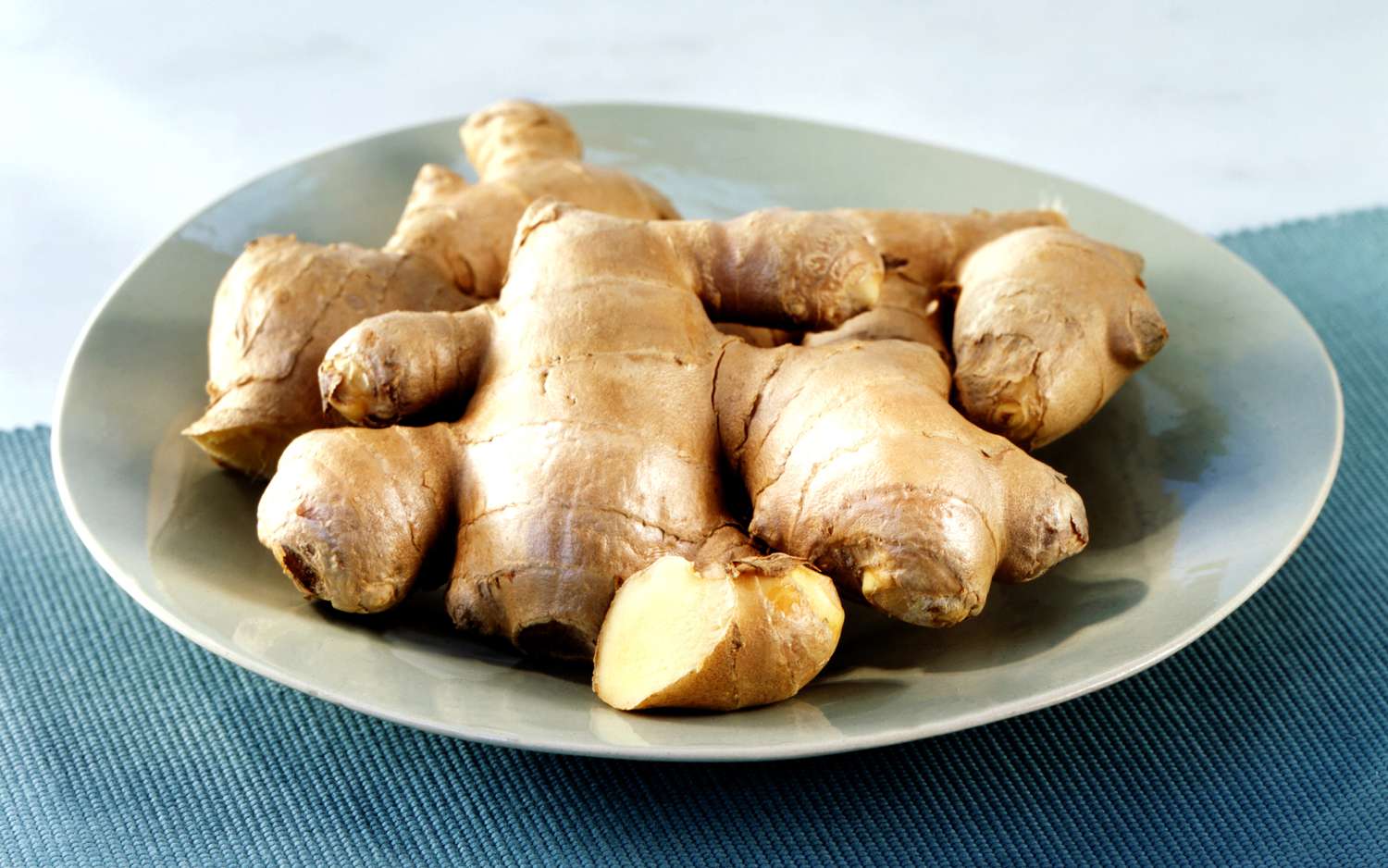
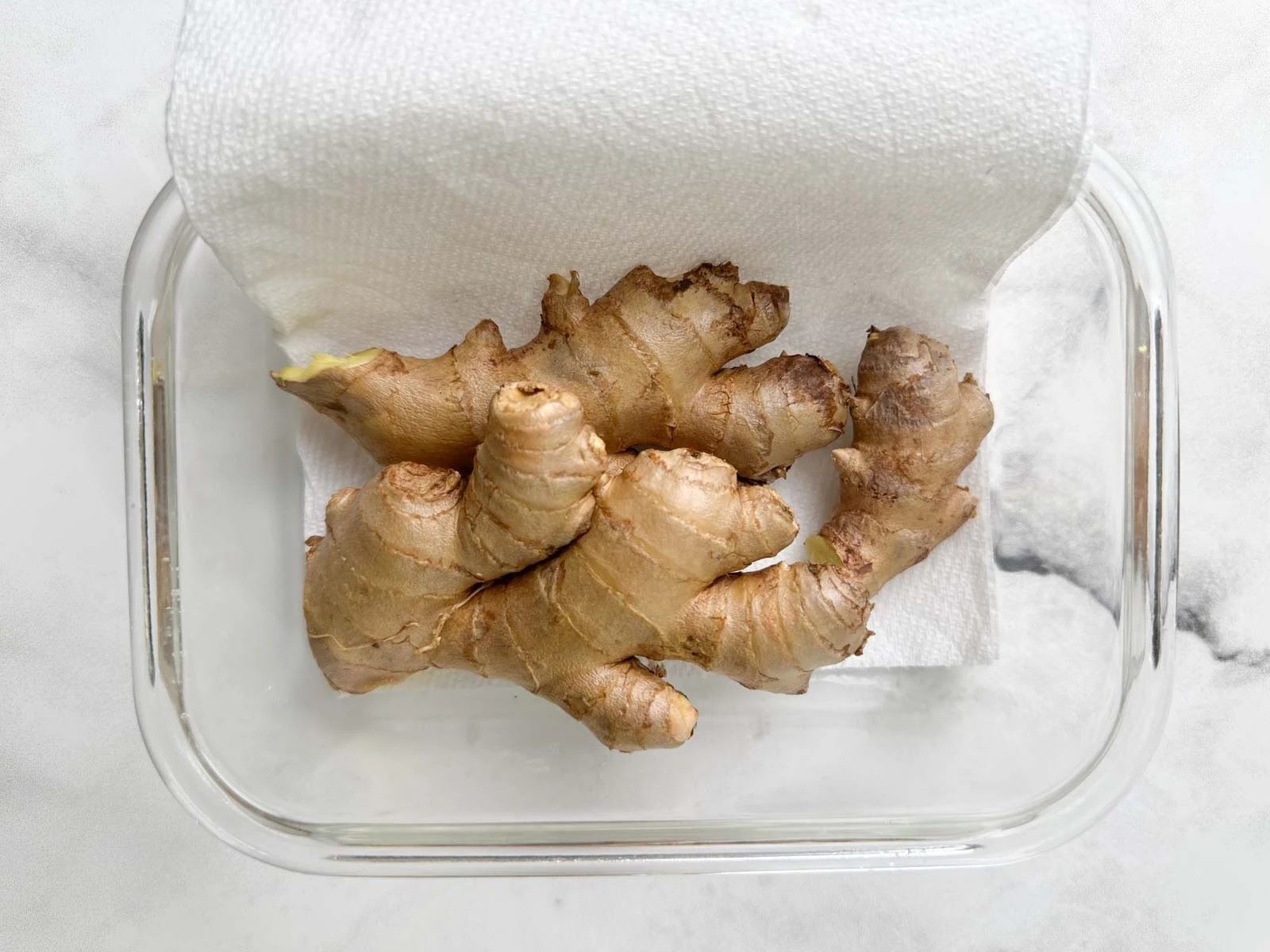
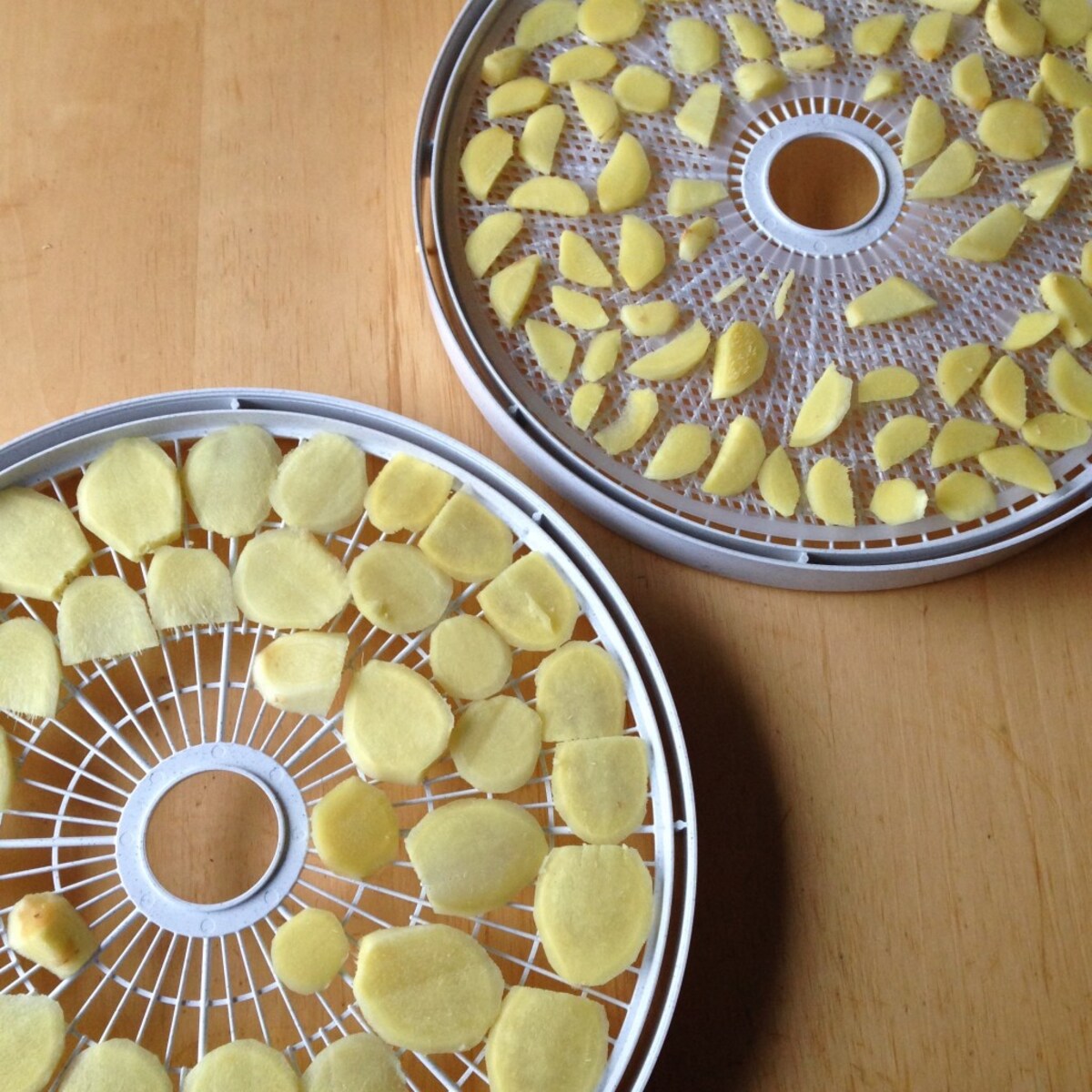

0 thoughts on “How To Store Ginger And Turmeric”